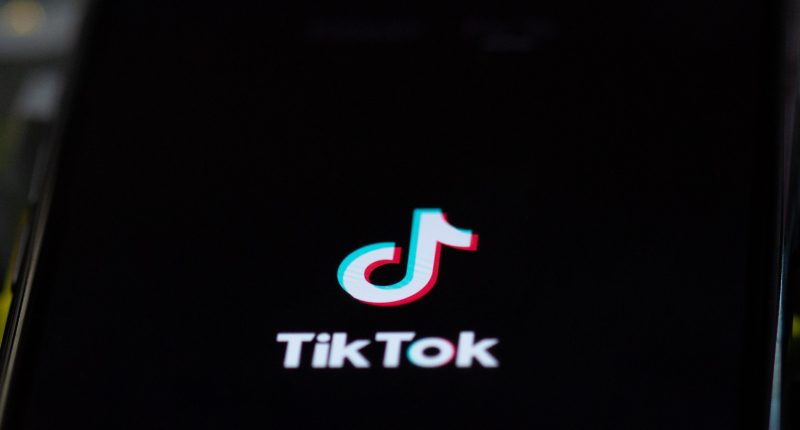The Trump administration is reportedly preparing to extend the September 17 deadline for ByteDance to divest TikTok’s US assets or face a ban. Trump may issue the fourth consecutive extension, pushing ByteDance’s deadline from January to April, then June, and now September 17, after the Biden-era law required divestment by January 19. The move would mark the fourth delay since President Donald Trump returned to office in January, thereby prolonging uncertainty over the future of an app used by more than 150 million Americans.
Speaking to reporters in New Jersey on Sunday, Trump offered no firm commitment on whether the deadline would be enforced. In recent public statements, Trump has both threatened enforcement and floated further extensions, sometimes linking the decision to trade talks with China. “I may or may not. We’re negotiating TikTok right now. We may let it die, or we may, I don’t know, it depends, up to China. It doesn’t matter too much. I’d like to do it for the kids,” he commented on the matter.
The federal “sell-or-ban” law, passed by Congress and signed into law during the Biden administration, is the Protecting Americans from Foreign Adversary Controlled Applications Act (PAFACAA), enacted on April 24, 2024. The Act targets applications “controlled by countries of concern,” including China, and makes it unlawful to provide services to distribute, maintain, or update TikTok unless ByteDance divests US operations. The law originally gave ByteDance 270 days (until January 19) to complete a US government-approved sale. Since Trump’s inauguration, successive 75-day extensions have pushed the potential enforcement to September 17.
Earlier, ByteDance mounted a First Amendment challenge against the divestiture law in federal court, but the US Supreme Court unanimously upheld its constitutionality in January. At that time, the Court ruled the law does not violate free speech rights and affirmed Congress’ authority to address national security through such means. The decision triggered TikTok’s progressive removal from US app stores as the original deadline passed, though the Trump administration restored access via executive order later on. At that time, legislation to force the sale of TikTok drew rare bipartisan support in Congress. Both House and Senate leaders, including members of the House China Select Committee, cited national security risks due to Chinese data laws compelling tech firms to assist state intelligence. Trump’s ambivalence this term marks a reversal from his first administration, when he attempted to ban TikTok by executive order; those efforts were blocked in federal court.
Attempts to spin off TikTok’s US operations to American investors have repeatedly stalled. Previous offers from Microsoft, Oracle, and others have not resulted in a deal, in part because Beijing asserts export controls over TikTok’s recommendation algorithm, requiring Chinese government approval for any sale. Efforts to negotiate a transfer or partial sale have collapsed when the Chinese government refused to authorize the transfer, especially after additional US tariffs on Chinese goods were announced early in Trump’s term. So far, each reprieve pushes the discussion deeper into US-China trade negotiations and domestic political calculations If the September 17 deadline is again extended, TikTok’s long-term US future will remain in doubt, while American tech platforms like Instagram Reels and YouTube Shorts prepare to absorb its audience in a ban scenario.
The Tech Portal is published by Blue Box Media Private Limited. Our investors have no influence over our reporting. Read our full Ownership and Funding Disclosure →






